I hope someone can help me with my SSIS automation error. I created a package that downloads a file from a webportal. In second step of my package, i convert that .xls to .csv(there is a valid reason for this conversion as downloaded .xls file can't be opened by package). I use below code to convert my File to csv and works perfectly fine on my local machine. But when i deploy it on server. It throws below error message. The only thing i could think of is that when i run it on my local machine, when it converts the file to csv, a message box pops up on the screen saying "converting the file" and then "saving the file as .csv".
And server machine is having issues to deal with these message boxes ? Help will be appreciated.

#region Namespaces
using System;
using System.Data;
using Microsoft.SqlServer.Dts.Runtime;
using System.IO;
using System.Reflection;
using Excel = Microsoft.Office.Interop.Excel;
using System.Net;
#endregion
public void Main()
{
// TODO: Add your code here
Excel.Application excelapp = new Excel.Application();
Excel.Workbook Datasource = (Excel.Workbook)excelapp.Workbooks.Add(1);
var DownloadPath = Dts.Variables["User::varDownloadPathNew"].Value.ToString();
var ConvertedPath = Dts.Variables["User::varConvertedFileName"].Value.ToString();
string FileName = DownloadPath;
var format = Excel.XlFileFormat.xlCSV;
Datasource = excelapp.Workbooks.Open(FileName, Missing.Value, Missing.Value, Missing.Value, Missing.Value, Missing.Value, Missing.Value, Missing.Value, Missing.Value, Missing.Value, Missing.Value, Missing.Value, Missing.Value, Missing.Value, Missing.Value);
Datasource.SaveAs(ConvertedPath, format, Missing.Value, Missing.Value, false, false, Excel.XlSaveAsAccessMode.xlNoChange,
Excel.XlSaveConflictResolution.xlUserResolution, true,
Missing.Value, Missing.Value, Missing.Value);
//Clean
Datasource.Close(true);
System.Runtime.InteropServices.Marshal.FinalReleaseComObject(Datasource);
excelapp.Quit();
System.Runtime.InteropServices.Marshal.FinalReleaseComObject(excelapp);
Dts.TaskResult = (int)ScriptResults.Success;
}